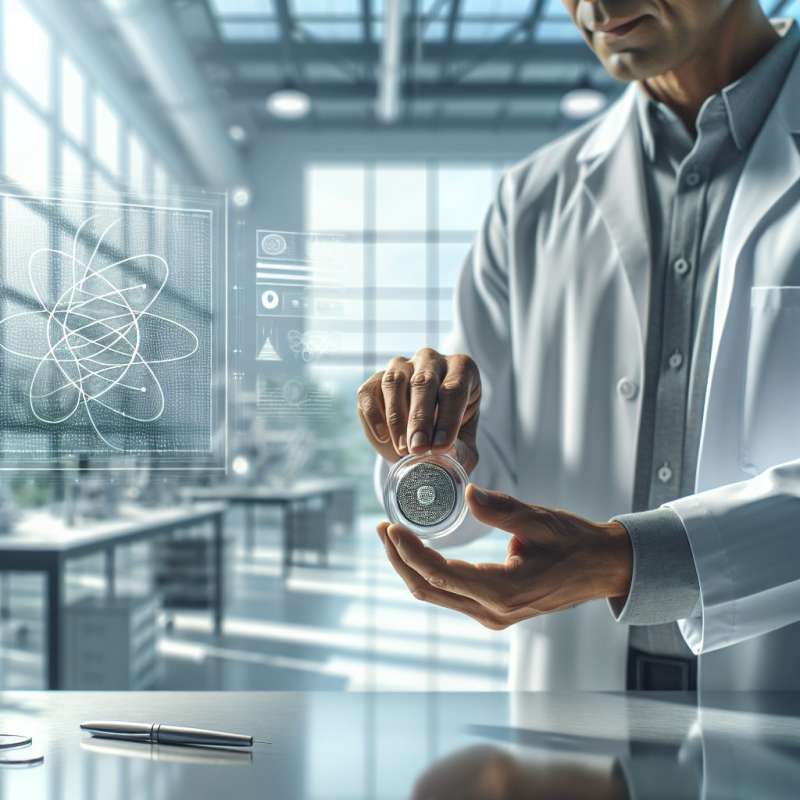
R&D Engineering Roles
Graduates can enter research and development in top-tier companies, innovating sensor technologies for automotive, healthcare, or industrial applications. Germany leads in precision engineering, providing fertile ground for cutting-edge R&D work.
Automotive Industry Prospects
The German automotive sector, home to Volkswagen and BMW, demands experts in sensor systems for autonomous driving solutions. Postgraduates may focus on LiDAR, radar, or vehicle sensor networks, contributing to the future of mobility.
Healthcare Technology Impact
With a masters in sensor system technology, one can design life-saving medical devices. Germany’s robust medical tech industry, including giants like Siemens Healthineers, offers roles in developing advanced diagnostic and monitoring sensors.
Energy Sector Opportunities
The energy sector, especially renewable energy, requires sensor experts for efficiency and sustainability. In Germany, engineers can work on smart grid technologies and sensor-enhanced wind turbines or solar panels.
Industrial Automation Careers
Germany's Industry 4.0 revolution is ripe with opportunities for sensor systems masters. Graduates can spearhead the development of smart factories, integrating IoT sensors to enhance manufacturing processes and predictive maintenance.
Space Technology Exploration
Germany's participation in ESA opens careers in space technology. Sensor systems specialists develop instruments for satellites and spacecraft, a less known but thrilling application of sensor technology.
Academic & Research Institutes
Universities and institutes like Fraunhofer offer academic positions, engaging in groundbreaking sensor research. Collaboration with industry partners often results in patented technologies and spin-off companies.
Which country leads in R&D precision engineering?
United States of America
Germany
Japan
Company